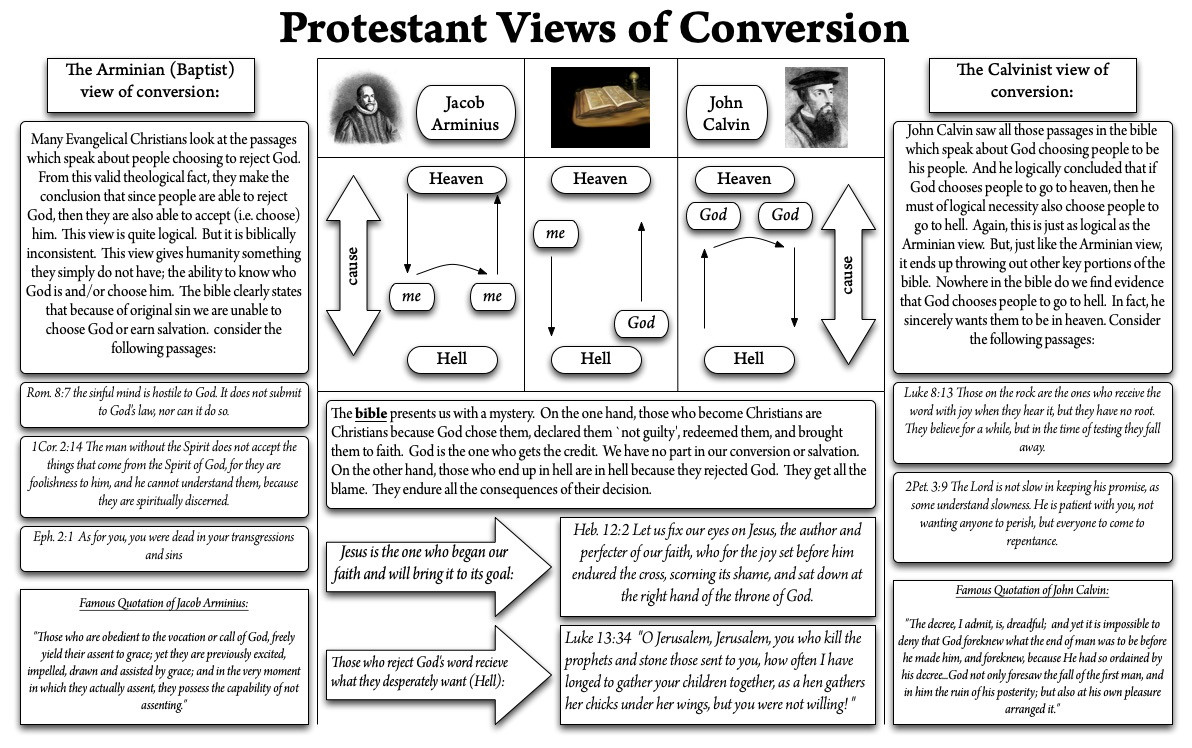(I found an earlier question on this but it is a word comparison between Rom 11:32 and Luke 5:6).
Though as startling and controversial as it may sound, the Scripture seems to be emphatic: it is God Himself who has shut up the whole mankind in unbelief!!!:
“For God has shut up (συγκλείω) ALL in unbelief, so that He might show mercy to ALL” (Romans 11:32).
The Greek word for “shut up” is “συγκλείω” (I am not sure about the pronunciation), used 3 other times in the NT. In Luke 5:6, the disciples “netted/enclosed” (συγκλείω) a lot of fishes. In Galatians 3:22, “the Scripture “locked up” (συγκλείω) ALL under sin”. In Gal 3:23, “before the coming of faith”, all were “shut up (συγκλείω) to the faith about to be revealed”.
Just as the fishes were unaware of and not responsible for the enclosing (disciples were responsible), the ALL (mankind) are unaware and are not responsible for the “shutting up” in unbelief. It is God who is said to be responsible for it as per the Scripture!
This is so because nobody should boast that he has found God on his own and has earned his own salvation (Eph 2:8-9)!
It is always, without exception, God who takes the first initiative. John the Baptist was filled with Holy Spirit and he said, “A man is able to receive nothing unless it has been given to him from Heaven” (John 3:27).
This is what Jesus also said:
"No one is able to come to Me unless the Father who sent Me draws him" (John 6:44). "Because of this, I have told you that no one is able to come to Me except it is given to him from My Father" (John 6:65).
A Case Study
Let us take the case of the Apostle Paul. If Moses was a murderer (Exo 2:14) before his conversion at the burning bush, Saul was an accomplice in the martyrdom of Stephen. He was “still breathing……murder” (Acts 9:1).
At that time, he was a perfect Jew as far as the ritualistic Mosaic Law (Phil 3:6) added with “the traditions of” his “ancestors” (Gal 1:14) was concerned. Yet inwardly (spiritually) he was a sinner (Acts 22:16):
“the one who before was a blasphemer, and a persecutor, and insolent; but I received mercy, because being ignorant I did it in unbelief” (1 Tim 1:13).
There it is! Let me rephrase it:
‘For God has shut up (συγκλείω) Saul in unbelief, so that He might show mercy to Saul’.
So, it is clear that in spite of Saul’s great erudition at the feet of Gamaliel (Acts 22:3), he still suffered “unbelief”! It is only when God “converted” him that he came to the Lord!
This, again, is the same idea given by Paul:
“There is a secret truth, my friends, which I want you to know, for it will keep you from thinking how wise you are. It is that the stubbornness of the people of Israel is not permanent, but will last only until the complete number of Gentiles comes to God” (Rom 11:25; GNB).
Question
Isn’t it God who has shut up the whole mankind in unbelief so that He will show mercy to all as stated in Ephesians 1:9-10?
[Note:- Two Greek words are used for unbelief; “G543 - apeitheia” in Rom 11:32 and “G570 - apistia” in 1 Timothy 1:13. But both the words originated from the same root, “G3982 - peitho”.
G543 is derived from G545 which is derived from G3982.
G570 from G571, from G4103, and from G3982].
